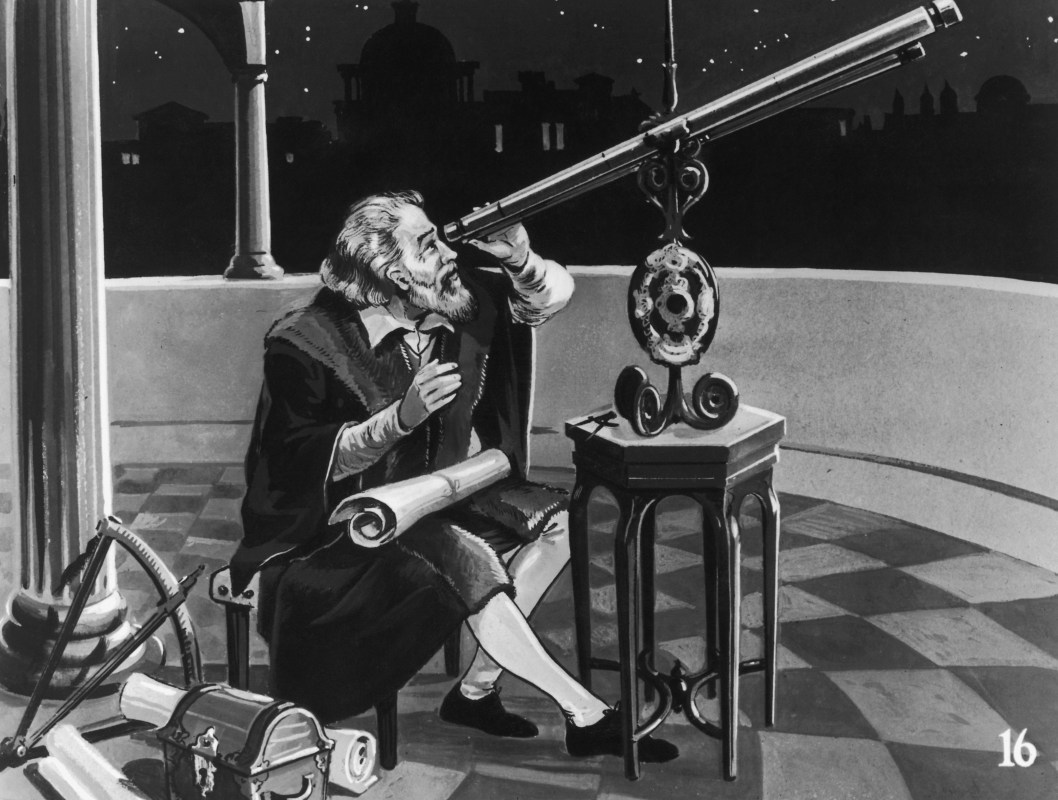A 1613 letter by Galileo Galilei was recently rediscovered at the Royal Society in London, and it reveals the incredible planning Galileo underwent in order to protect himself when arguing that the earth revolves around the sun. Galileo wrote two letters, knowing that the Inquisition would likely persecute him for his research, and the new annotated letter uncovers his methodical approach to softening his language.
When the initial letter, in which Galileo first asserted that the church’s understanding of the sun orbiting the earth was wrong, reached the Inquisition, Galileo defended himself by claiming that the language had been changed to sound more extreme than his original ideas. He then sent a softer version of the letter that he said were his original words.
The new letter shows Galileo’s annotations of that first letter, his deliberate attempts at making his language less heretical. One edit made clear in Galileo’s notes is changing “[bible passages are] false if one goes by the literal meaning of the words” to “[bible passages] look different from the truth,” according to History. The rediscovered letter shows one of the great scientists in history strategically grappling with revelations of the truth and his own personal safety.
Thanks for reading InsideHook. Sign up for our daily newsletter and be in the know.


















